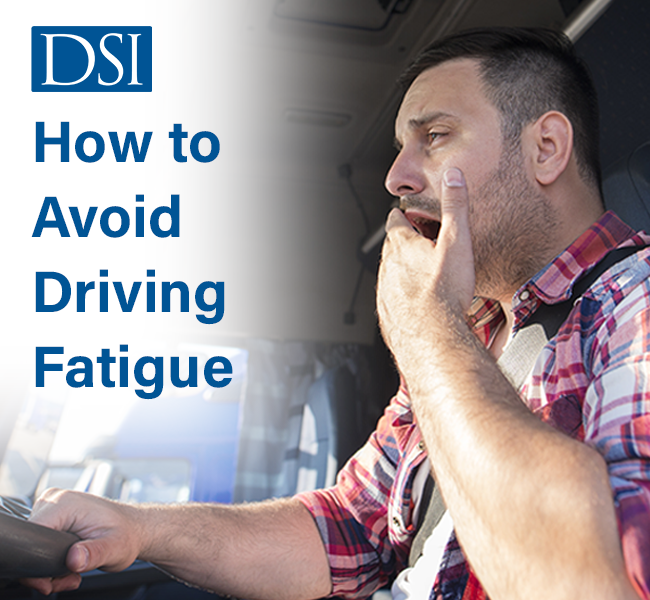
Heavy vehicle drivers such as those who haul autos and operate tractor-trailers are more exposed to risks on our interstates due to long-distance hauling and spending more time behind the wheel. When you are tired, and behind the wheel, it can have the same effect on your body as alcohol. Here are some things you can do and precautions you can take to try and keep alert on the road.
- Ensure you have enough rest between shifts and during the day. It’s recommended to have a break after every two hours of driving. There are laws around fatigue management in the heavy vehicle trucking industry. You should be aware of them and try to practice them for your own safety and for the protection of others.
- Make sure you have enough distance between you and the vehicle in front of you if you need to stop quickly. Small cars have far better braking capability than big rigs. Following too closely can turn into a split-second disaster when you least expect it. The slightest distraction can cause you to take your eyes off the road. So, it is always wise to compensate for the unexpected.
- Be aware of fatigue warning signs. Frequent yawning or blinking is a strong indication that it may be time to find a rest area and stop for a while. If you find yourself not aware of the last several miles you have driven, that is a warning sign that you are not focused on your driving and your mind is somewhere else. Drifting into another lane or nodding off are strong indications that it is time to take a break and get refreshed before moving on.
- Plan your day and destination to finish up within 8 to 10 hours with small breaks approximately every couple of hours. Try to get a good night’s sleep before starting your day. If you find that for whatever reason, you’re not well-rested when you are ready to roll, it is safer to compensate for your driving by taking more frequent breaks and possibly ending your day an hour or two earlier.
Certain driving environments pose a higher risk of drowsy driving-related accidents. Most of these collisions occur either in the late afternoon or between 12 a.m. and 6 a.m. Both of these times coincide with natural energy dips controlled by your body’s circadian clock, an internal timekeeping system that regulates sleep, appetite, and other bodily processes. Many drowsy drivers do not have passengers in their vehicle when accidents occur, and a significant number of these crashes occur on rural roads and interstate highways.
